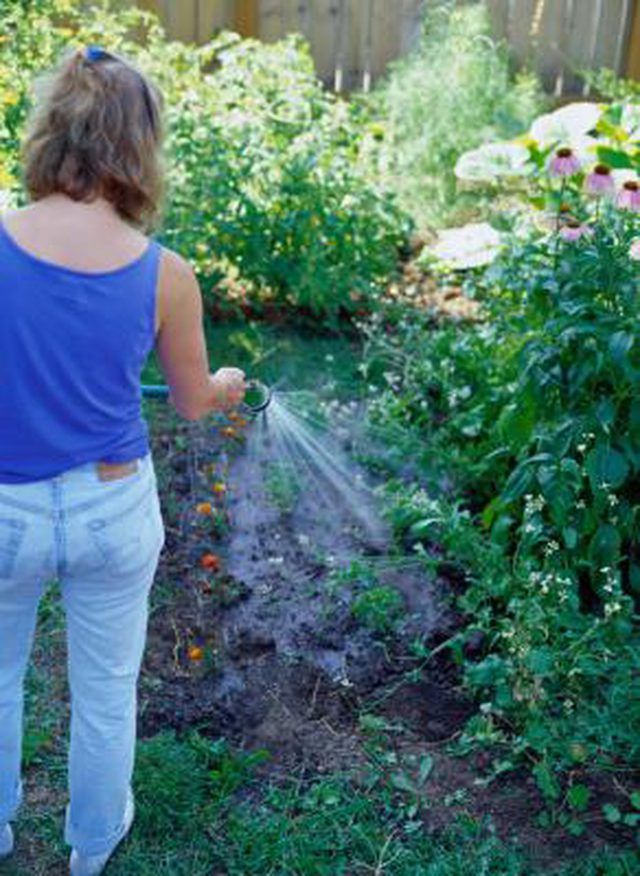Bulbs
Flower Basics
Flower Beds & Specialty Gardens
Flower Garden
Garden Furniture
Garden Gnomes
Garden Seeds
Garden Sheds
Garden Statues
Garden Tools & Supplies
Gardening Basics
Green & Organic
Groundcovers & Vines
Growing Annuals
Growing Basil
Growing Beans
Growing Berries
Growing Blueberries
Growing Cactus
Growing Corn
Growing Cotton
Growing Edibles
Growing Flowers
Growing Garlic
Growing Grapes
Growing Grass
Growing Herbs
Growing Jasmine
Growing Mint
Growing Mushrooms
Orchids
Growing Peanuts
Growing Perennials
Growing Plants
Growing Rosemary
Growing Roses
Growing Strawberries
Growing Sunflowers
Growing Thyme
Growing Tomatoes
Growing Tulips
Growing Vegetables
Herb Basics
Herb Garden
Indoor Growing
Landscaping Basics
Landscaping Patios
Landscaping Plants
Landscaping Shrubs
Landscaping Trees
Landscaping Walks & Pathways
Lawn Basics
Lawn Maintenance
Lawn Mowers
Lawn Ornaments
Lawn Planting
Lawn Tools
Outdoor Growing
Overall Landscape Planning
Pests, Weeds & Problems
Plant Basics
Rock Garden
Rose Garden
Shrubs
Soil
Specialty Gardens
Trees
Vegetable Garden
Yard Maintenance
How to Control Aphids Naturally
How to Control Aphids Naturally. Experienced gardeners know that one of the sneakiest creatures in their garden are aphids. They are very tiny and can appear on your flowers and vegetables almost overnight. They come in many colors, colonize and usually can be found on the underside of leaves and flowers. As they feed on your plant, it causes...

Experienced gardeners know that one of the sneakiest creatures in their garden are aphids. They are very tiny and can appear on your flowers and vegetables almost overnight. They come in many colors, colonize and usually can be found on the underside of leaves and flowers. As they feed on your plant, it causes distortion and yellowing of leaves. The juices they leave behind will be sticky. Since they colonize, they can spread very quickly throughout your garden and ruin all of your hard work. You can control and kill aphids in a natural, eco-friendly and nontoxic way.
Things You'll Need
Water hose
Pruning shears
Garlic
Spray bottle
Ladybugs (optional)
Inspect your plants on a regular basis. All this entails is to look for any unusual growth on your plants. Aphids like new growth, so check especially close where you have new growth.
Blast the plant with a strong spray of water from a garden hose to wash off the aphids and as much of the sticky stuff, known as honeydew, they leave behind on your flower or vegetable plant.
Water your garden on a schedule. Plants that are not watered regularly become weak and can be easy hosts for aphids and other garden pests.
Prune away as much of the aphid-damaged area as possible with pruning shears without destroying your plant.
Make a natural nontoxic aphid insecticide. Dice a clove of garlic and place in a plastic container with 3 cups of water. Put a lid or cover on the container and let it stand for at least eight hours. You can put this in the refrigerator if you want. After the water has had a chance to be infused with the garlic juices, drain off the garlic. Put the garlic water in a spray bottle and spray the aphid-infested plants with the solution. Make sure you get under the leaves as well. This will kill the aphids and also act as a repellent.
Release ladybugs, which are a natural predator of the aphid, into your garden. They will eat many of the pests. You can order them online if you can't find them locally. You can even keep them in the refrigerator until you are ready to use them. Make sure you water the plants you want them to go to before releasing them, since they are attracted to the water.
Tips & Warnings
There are also certain plants that attract predators of the aphids, plant them close to the flowering roses and plants that the aphids are attracted to.
Recommend that you refrigerate any remaining garlic spray for future use.